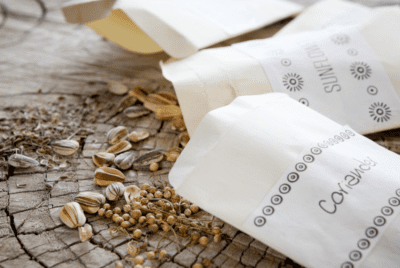RESEARCH
Effectiveness of Horticultural Therapy in People with Schizophrenia: A Systematic Review and Meta-Analysis
Summary
This review aims to evaluate the current evidence base for gardening-based mental health interventions by examining their reported benefits and the quality of research in this field given the increasing number of such interventions. The methodology involved searching electronic databases for studies evaluating the benefits of gardening-based interventions for adults experiencing mental health difficulties. Information was gathered on the interventions’ content, theoretical foundations, identified benefits, and study methodology for synthesis.
The review identified ten papers (published since 2003) that meet the inclusion criteria, all reporting positive effects of gardening as a mental health intervention, including reduced symptoms of depression and anxiety. Benefits reported include improvements across emotional, social, vocational, physical, and spiritual domains. The research quality showed notable improvement compared to the 2003 review, offering more promising evidence for the value of gardening interventions and laying a foundation for future research to build upon these encouraging results with more rigorous methodologies and comprehensive outcome measures.







